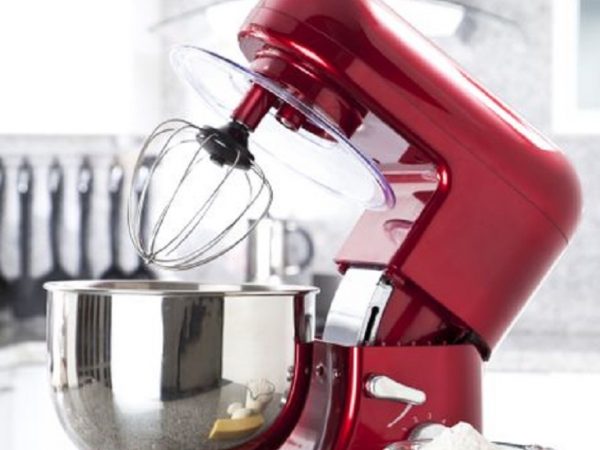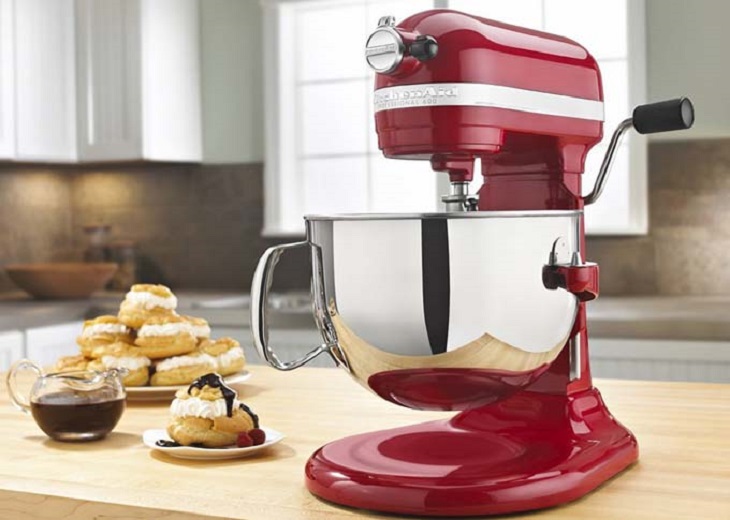06
Sep

Most food items found in a bakery or a restaurant often require some kind of mixing equipment in order to be made. Mixers are considered a common necessity within the food-producing industry and having at least one can in a way be considered a must. That being said, let’s see what you ought to focus on when choosing the right one for your business.
Although all commercial mixers are designed in a way that can handle the rigors of commercial use, some can be better equipped for a certain type of mixing than others. And while there are many types of mixers, the planetary and spiral mixers are the most commonly used ones. A mixer’s type is defined by how the mixing occurs. If the agitator is the actual moving part and the mixing bowl stays in one place, then that is a planetary mixer. If the agitator stays in one place and the mixing bowl moves, then that’s a spiral dough mixer. When you are considering which one is best for your business, be sure to evaluate both your product range and your production volume. Generally speaking, a planetary mixer offers versatility the most and is an all-around good mixer suited for doughs, puddings, mashed potatoes, and whipped cream. But they can be limited when it comes to large dough jobs. This is when a spiral dough mixer enters the picture. If you need to make pizza dough or loaves of bread every day, then you should go for a spiral dough mixer.

Next, you need to think about what size of mixer you’ll need. This largely depends on what it is that you make, how much of it, how often, and whether these products and amounts will change in the future. If you are a pizza shop or bakery that mixes hundreds of pounds of dough a day, you’ll need a 40 qt. or a larger mixer, or even a spiral dough mixer in very large-scale applications. On the other hand, if you are a small restaurant that only needs to make mashed potatoes a few times a week, then a 5 – 20 qt. planetary mixer can take care of your needs. If, however, you want to be more future oriented, in the long run, regardless of your current needs, it might be smarter to invest in a bigger mixer since you never know whether your business will require one due to a new addition of products or growth.
Finally, the best possible option would be to have different sizes and types of mixers for your kitchen. For instance, a large mixer for all the batter and dough, and a smaller mixer for all of the frostings and fillings.